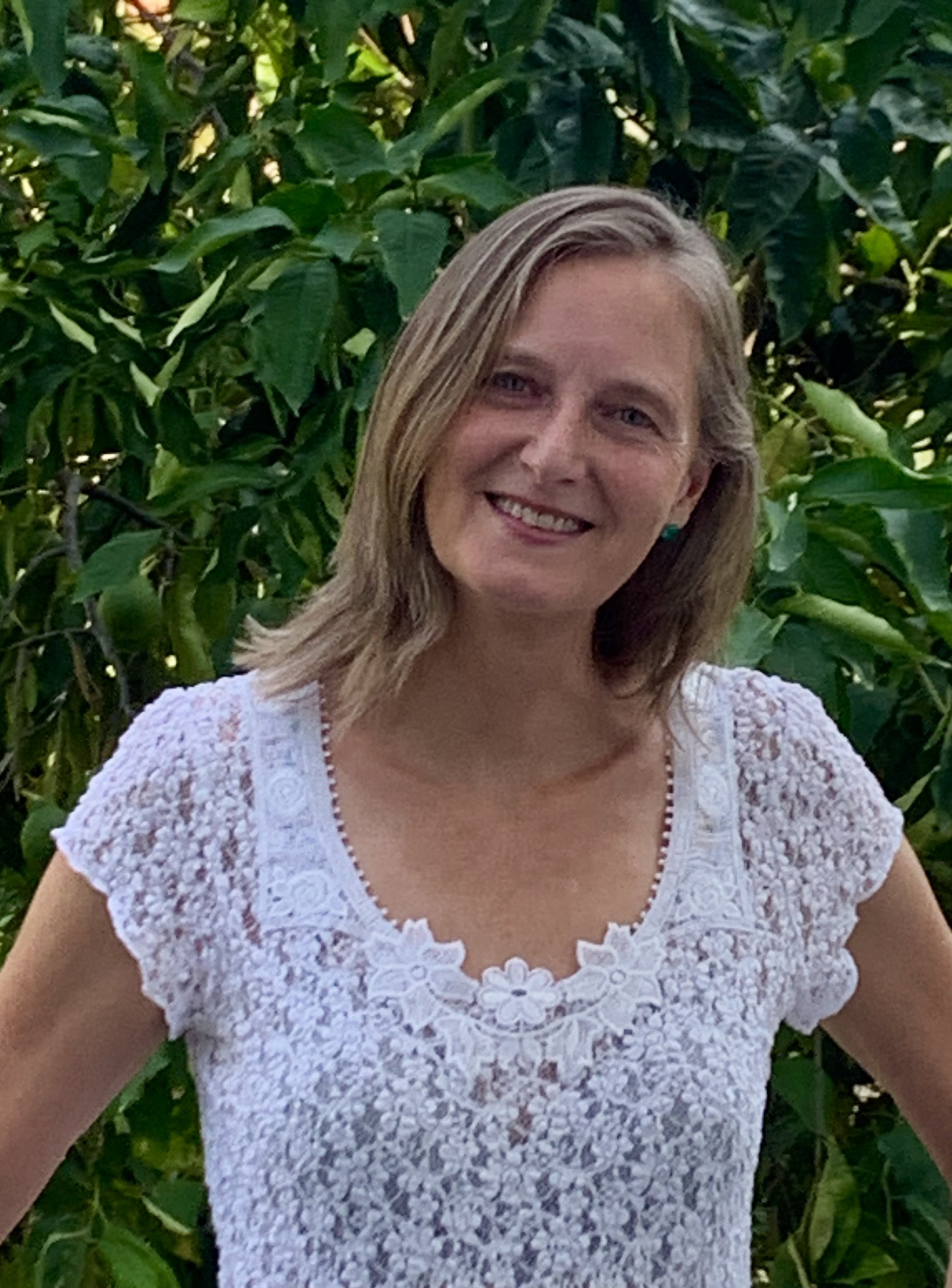
Welcome to Empathy matters
Hello, I’m Cath Burke and I offer communication training to the public and organisations, mostly in London and online. I also work one-to-one and with couples or peers in conflict, using the framework of Nonviolent Communication (NVC) as developed by Marshall Rosenberg. Some of my workshops explore embodying NVC through mindful movement and dance.
Every body is warmly welcome. Whatever your ethnic, religious or class identity. Whatever your age, body shape or fitness level. However you identify in terms of gender and sexuality. And if you are impacted by mental health, neurodivergence or disability.
What is Nonviolent Communication?
”Nonviolent Communication, also known as Empathic or Compassionate Communication, is a language for connection. It’s a learnable, practical way to bring empathy, honesty, strength and compassion into our personal and professional relationships. It can help build bridges of connection between individuals, couples, families, teams, organisations and communities.” Ref: NVC Matters CIC. www.nvc-uk.com
It is a practical process for relating to ourselves and others with understanding and empathy. It is about much more than simply the words we use.
When can it be helpful?
In all kinds of everyday situations when:
we find ourselves feeling annoyed, anxious or upset
we get into an argument with our partner, kids, colleague, boss, an organisation, government, the world!
we are just not getting the quality of connection we would like in a particular relationship and sense that something is missing
we are conflicted internally, not knowing which decision to make
we are plagued by regrets
we’re feeling down and stuck in self-criticism
What are the benefits?
When we’re experiencing disconnect in a relationship and we learn to listen with empathy to what is important, both to ourselves and others, we find it’s possible to experience a shift in our thinking or feeling and we become more relaxed, less defended and therefore more able to repair ruptures. When we are clear about our internal experience and communicate it with honesty and kindness, free from blame or judgment, we actually feel grounded and empowered. We trust ourselves and our response, even when we hear criticism, because we know how not to take things personally, whilst also taking responsibility for our impact on others. Reframing difficulties with NVC, we discover a willingness to act in ways that respect everyone’s human needs. In turn this frees us to fully enjoy our relationships and our life.
What’s the vision?
“A world where everyone’s needs matter and people use their power to foster connection, build collaborative communities, and address differences peacefully.” Centre for Nonviolent Communication vision statement.
NVC is a paradigm shift in the habitual ways we relate to ourselves and others. Many people report immediate shifts in their relationships after a basic training. And as we continue to deepen and integrate an NVC mindset and skills, our lives are enriched with the emotional intelligence to feel connection through human needs, even in the most difficult circumstances. We begin to glimpse the possibility of a world that works for everyone.
How does NVC work?
NVC helps us become aware of common ways we are drawn into disconnection from and conflict with those who have different views. We learn to recognise the narrow focus of the lens through which we view the world. We see that much of our thinking consists of unhelpful judgments, interpretations and comparisons, which result in defensive behaviour, denying, blaming and ignoring.
The process of NVC encourages an awareness of our thought patterns and a questioning attitude to their absolute truthfulness. We recognise how our conditioning and our adaptations to difficult or traumatic experiences colour our reactions. We see that we have a choice about believing all the thoughts we have about ourselves and others.
NVC offers us another lens through which to view life by drawing our attention to universal needs - such as safety, recognition, autonomy - as the underlying motivation for every word and human behaviour. From this perspective we can see our own and each other’s humanity because heart-based needs are common to us all. Through this lens, the possibility of a different quality of connection opens up.
What does NVC look like in practice?
communicating in challenging situations without losing your cool, feeling undermined, or out of your depth
recovering more quickly from criticism and blame, and genuinely feeling ok
responding in disagreements by speaking up and being true to yourself, without making things worse
having genuine self-compassion, instead of giving yourself a hard time when you fall short in some way
listening more, and in a way that brings you satisfaction, rather than arguing and defending




